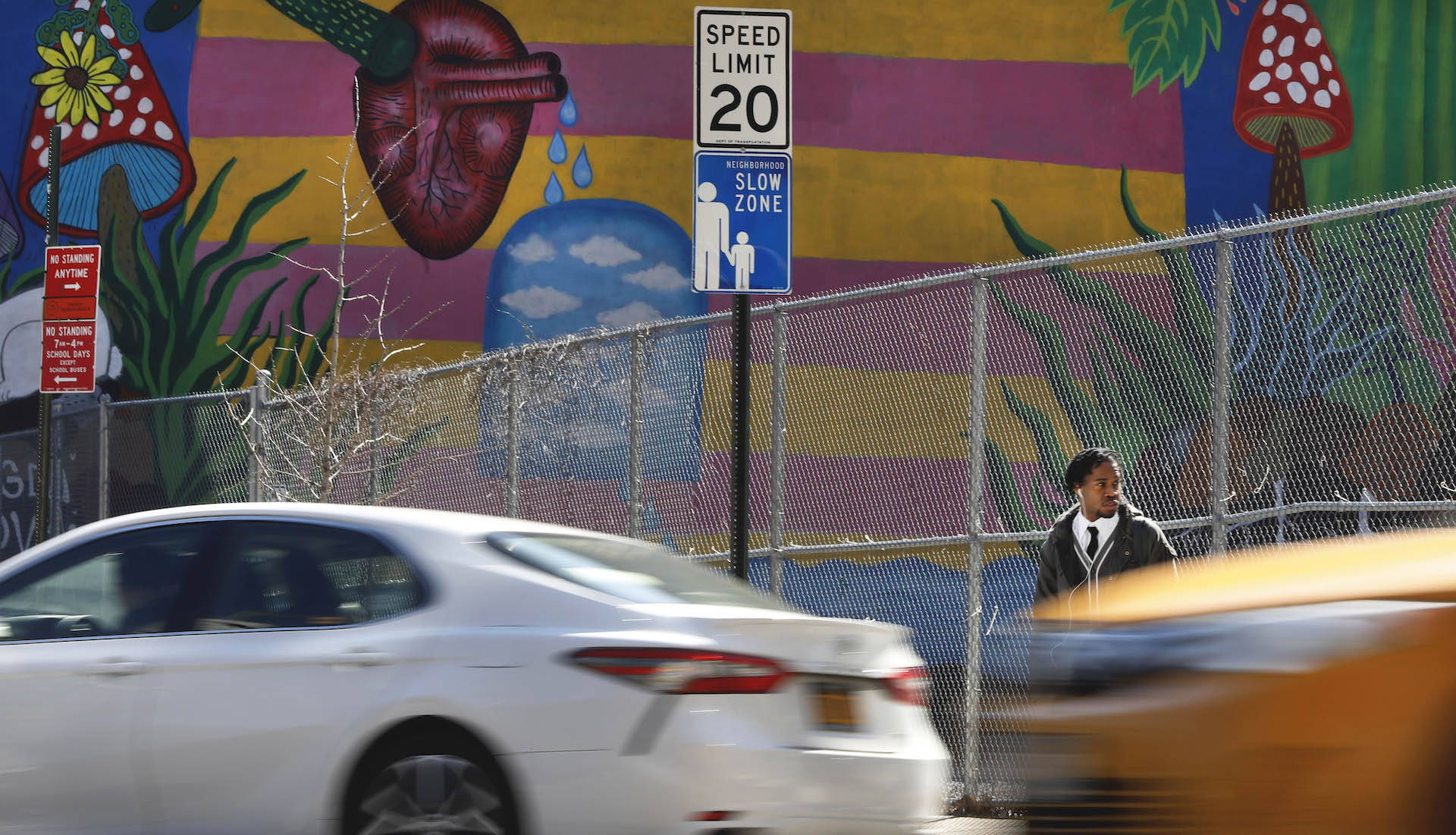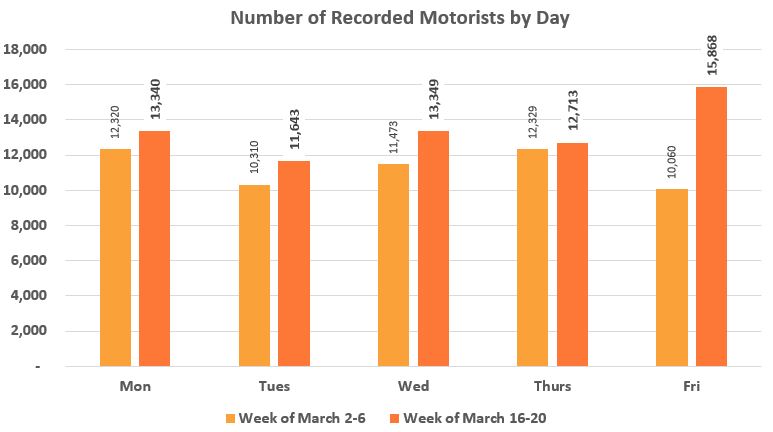

Nothing beats driving on the open road when traffic clears and you have the chance to put a little bit of (safely-applied) spirited driving into your day. For New Yorkers, this is an experience had few and far between. However, with coronavirus-related stay-at-home orders issued across the five boroughs, it gives those out and about the chance to be a bit lead-footed, and that has led to an extreme uptick in—you guessed it—speeding tickets.
According to data collected by Streetsblog, New York City speed cameras issued 180,718 summonses to drivers on weekdays between March 5 and March 24—an average of 12,048 per day, or 12.3 percent more compared to a similar range in January.
It’s important to note that New York City speed cameras don’t operate 24 hours per day. By law, these cameras operate within 750 school zones city-wide only on weekdays from 6 a.m. until 10 p.m. and cite drivers who exceed the speed limit by 10 miles per hour or more.
A deeper look at the data shows a correlation between the number of fines and the closures of local businesses. As more brick and mortar locations shut their doors, speeders continued to accumulate tickets. In total, the two-week gap between March 6 and March 20 resulted in an increase of 18 percent.

“With less traffic, drivers are getting to their destinations faster than ever—so why speed?” said Sam Schwartz, the New York City’s former traffic director, in a blog post regarding the matter. “I’m no psychologist, but maybe all the pent-up frustration, anger, and anxiety is manifesting itself when people get behind the wheel?”
Schwartz, known affectionately as “Gridlock Sam,” also pleaded for drivers to slow down as to not add additional patients to New York City’s already overloaded hospitals.
Interestingly, data shows that the same pandemic has contributed to inverse effects for red-light cameras. The pesky pole-mounted watchdogs have been collecting far less revenue as fewer people are driving, though based on the number of speeding tickets issued, it seems those on the road are certainly driving faster.
Got a tip? Send us a note: tips@thedrive.com